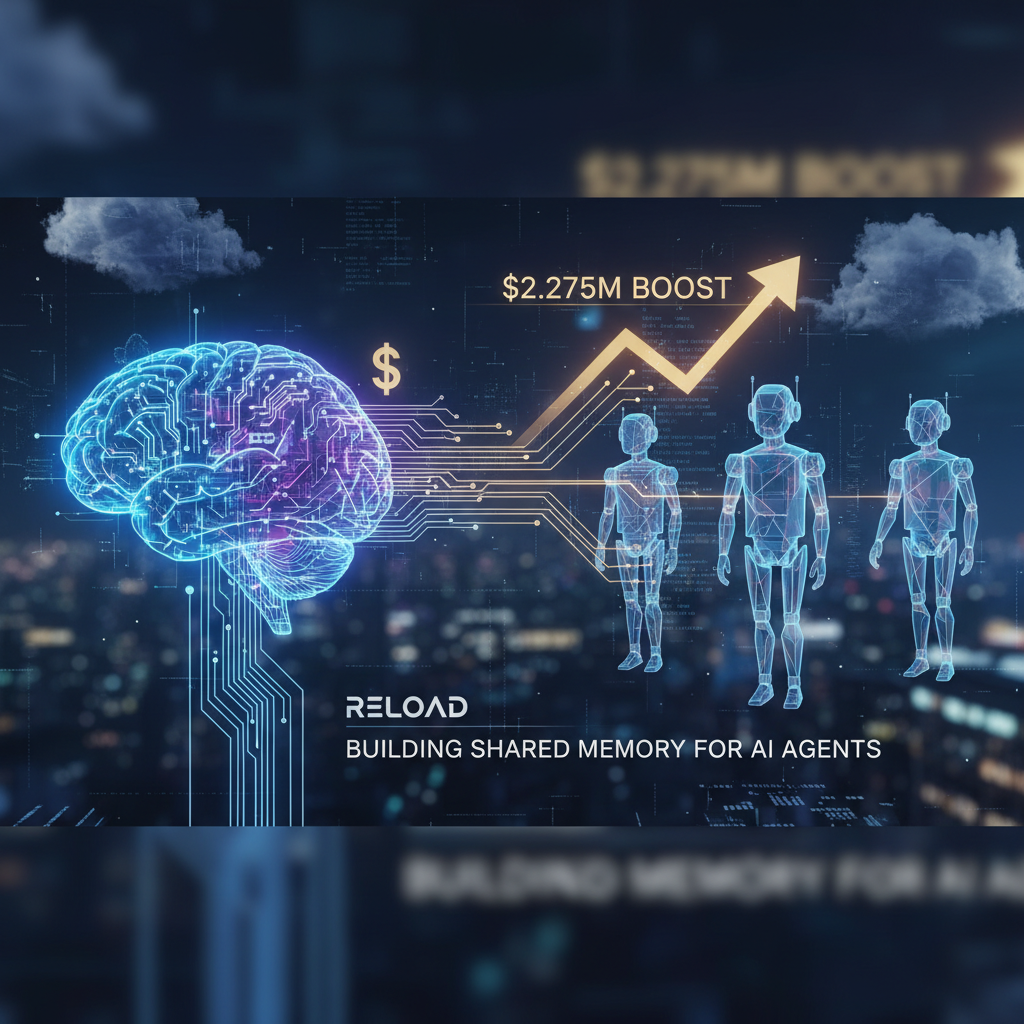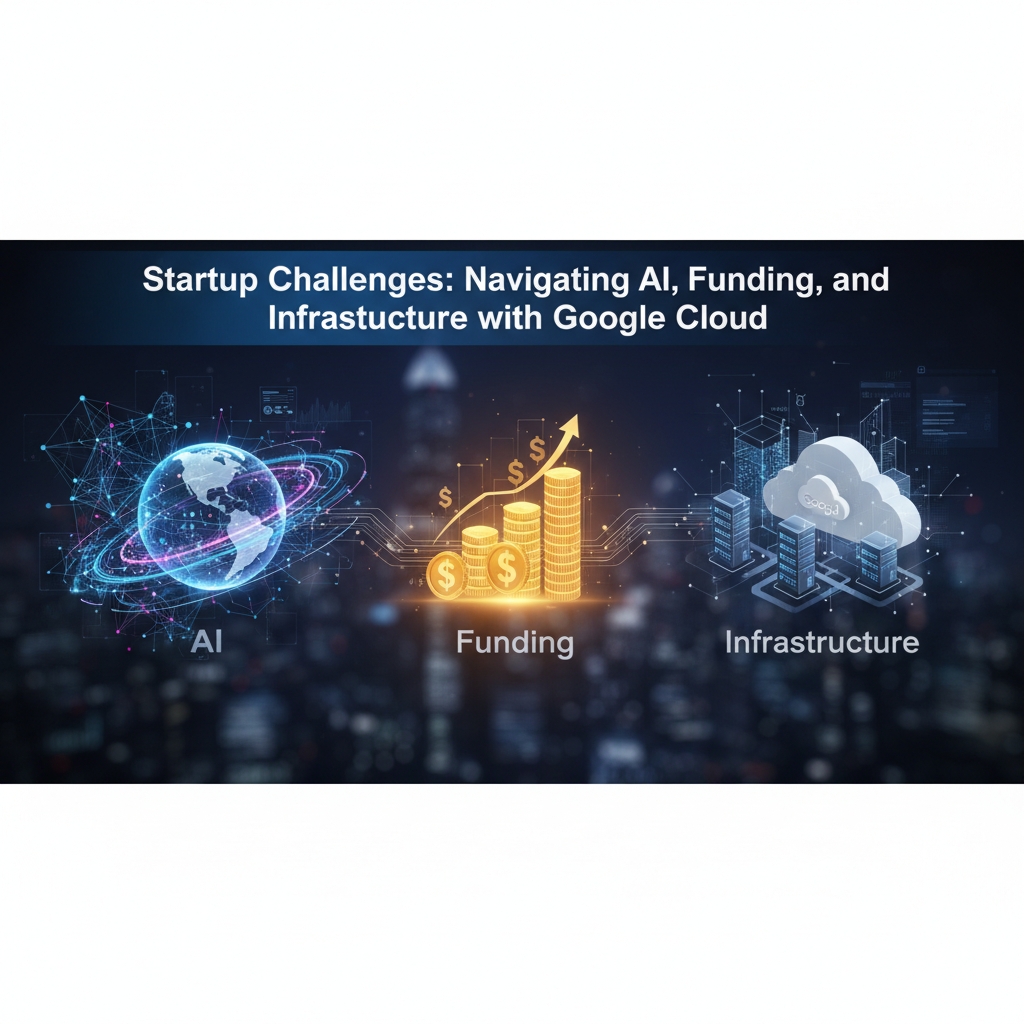The hum of servers was a constant thrum, a low-frequency pulse in the air. Engineers at Xflow, based in Bangalore, were hunched over their screens, debugging code, the glow reflecting in their eyes. It was late February 2026, and the pressure was on. Stripe and PayPal Ventures had just led a $16.6 million funding round, valuing the company at $85 million. The mandate: to fix the clunky, often expensive, world of cross-border B2B payments, particularly for businesses operating in and out of India.
The problem, as anyone in the fintech space will tell you, is complex. Legacy systems, currency fluctuations, regulatory hurdles – it’s a minefield. Xflow aims to navigate this with a platform designed to simplify the process, offering faster and cheaper transactions. According to reports, the core of their approach involves a blend of blockchain technology and automation, designed to reduce the friction inherent in international transfers.
“The market opportunity is massive,” said Anirudh Singh, a senior analyst at Forrester, speaking at a recent industry event. “India’s B2B cross-border payments market is projected to reach $200 billion by 2027. Xflow is positioning itself to capture a significant chunk of that.”
Earlier today, the team was running simulations. Stress tests to see how the system would handle peak transaction volumes. The engineers, faces illuminated by the monitors, were watching the numbers. The numbers that would determine if they could actually deliver on the promise. The pressure was on to deliver on the promise of faster, cheaper transactions.
Stripe’s and PayPal’s investments signal a growing confidence in the Indian fintech market, and Xflow’s potential to disrupt a sector ripe for innovation. The funding, in a way, is a bet on India’s burgeoning digital economy, and on the ability of local startups to solve global financial challenges. The move also reflects a broader trend: the increasing importance of emerging markets in the future of global finance.
For Stripe and PayPal Ventures, the investment is a strategic move, giving them a foothold in a rapidly growing market. For Xflow, it’s a chance to scale up, expand its team, and refine its platform. The company plans to use the funds to expand its engineering team and also enhance its compliance infrastructure. That will be crucial, given the complex regulatory landscape. Or so it seems.
Meanwhile, the team is probably already thinking about the next round. The next product launch. And, of course, the next set of challenges, because in the world of fintech, the only constant is change.









